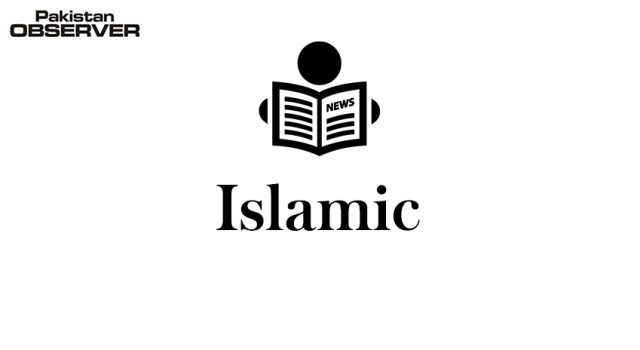As the first conventional non-bank financial institution (NBFI), Bangladesh Finance has opened a Shariah window at its six branches and aims to grow very fast in the Islamic finance arena.
“By the end of 2022, one-fourth of our balance sheet will be in the Shariah window,” said Md Kyser Hamid, managing director and chief executive officer of the listed firm.
Right now, Bangladesh Finance Ltd has a conventional balance sheet of around Tk1,400 crore and the growth-hungry lender aims to make it Tk2,500 by the end of this year.
“Besides, we have a target to add Tk700-800 crore Islamic assets to our balance sheet by December,” he said.
His team is working on the Shariah window inaugural campaign “Tk100 crore in the first 100 days”.
Shariah finance is a part of the firm’s five-year strategic plan, and also was a will of Bangladesh Finance’s founding family’s key person, Anwar Hossain who passed away in August last year.
“Shariah-based finance has proved its business case, alongside the religious compliances for practising Muslims,” Kyser Hamid said in an interview with The Business Standard, following the central bank’s approval for its Islamic operations.
Since Shariah-compliant lending is fully product and collateral-based, Islamic lending portfolios suffer much less default across the industry, he said.
The major risk of a lender lies within fund diversion and poor monitoring, chances of which are very low in the purpose-based Shariah financing, said the NBFI managing director.
Understandably, the non-performing loans ratio is lower in the Shariah arena and, in bad times of the economy, Shariah-based lenders suffer less.
Kyser Hamid said, “We changed our name to Bangladesh Finance Ltd intending to serve the mass market of the entire country and Islamic finance will help us grab the opportunity well since it is already a considerable part of the market on top of the fact that Islamic banking is outgrowing.”
In the January-September period of 2021, Shariah-based deposits in the banking system grew 18% year-on-year, while lending grew 16% and both the growth rates were higher than that in the conventional banking system.
Over one-fourth of the banking industry balance sheet is Shariah-based now, he cited from the central bank data. ‘No compromise in Shariah-compliance’
Kyser Hamid said Bangladesh Finance’s Shariah Committee will not compromise with the needed compliances in Islamic financial operations.
“Maybe, the profits to be given to depositors or taken from borrowers will not vary too much from conventional market rates, but it is not guaranteed in our bona fide Islamic window,” he said. “Both the lender and clients will enjoy the breathing space if their respective businesses perform less.”
Bangladesh Finance has adopted its growth plan in a multifaceted way to transform itself from an old-fashioned lender. Right now, its newly-built structured finance team is facilitating around Tk1,600 crore in funding various projects.
It has signed a memorandum of understanding with a US infrastructure financing firm Sovereign Infrastructure Group (SIG) last year, which opened ways for Bangladesh Finance to avail low-cost foreign funding that can be used in sustainability-lending.
Also, the foreign investor may be in the Bangladesh Finance board if they ensure a certain shareholding through buying Bangladesh Finance stake from the bourses of Dhaka and Chattogram.
Very importantly, the NBFI would work as a local due diligence partner of the SIG for its planned project financing in the country that may reach as high as $2 billion in the coming years. “We are ensuring our maximum preparation for the target growth in business and new products and services are an important part of it,” said Hamid.
The NBFI has launched a special loan product for women entrepreneurs, where without any collateral they can avail up to Tk50 lakh loans at a surprisingly low interest of 4%.
“For the first time in the country, we have launched a private sector pension scheme for savers,” he added.
Collaboration-based financing – an emerging trend in the NBFI industry – that increases financing efficiency and reduces default risk has been well embraced by Bangladesh Finance. Each of the new moves and products is helping Bangladesh Finance cement its aimed sustainable bond with the Bangladeshi masses.
“More in the pipeline,” said the NBFI chief executive officer.—The Business Standard










